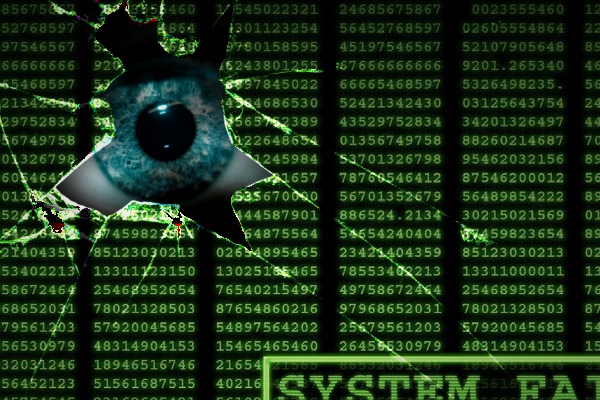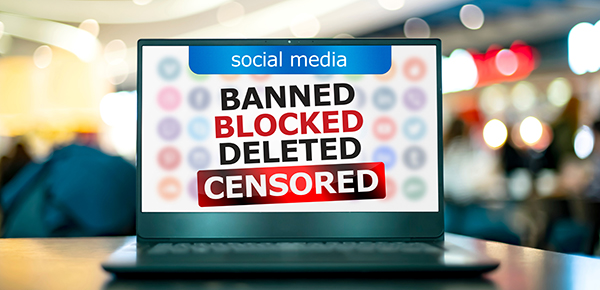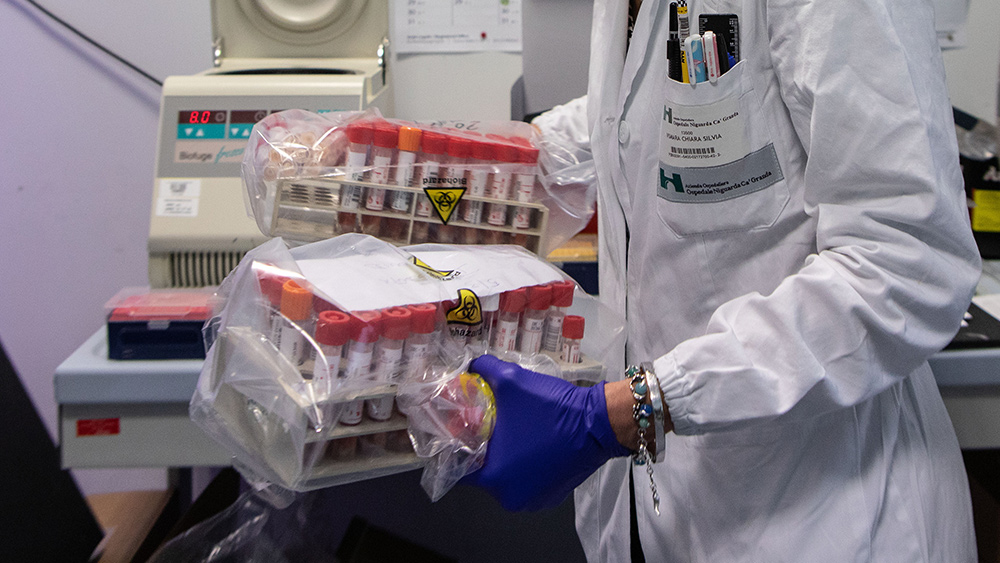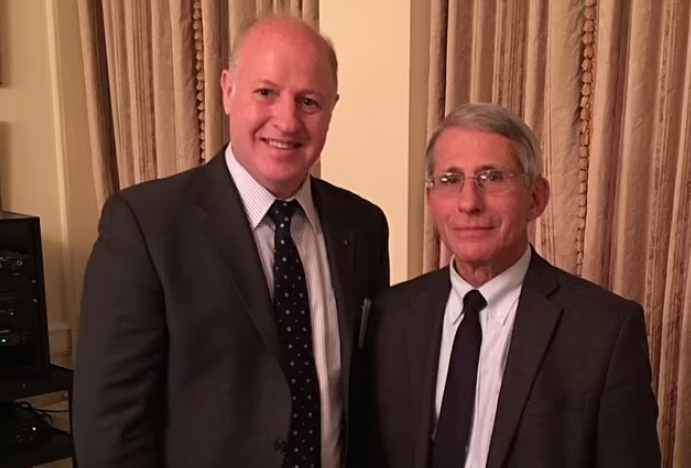Australian politicians demanding forced online ID, AI-assisted content surveillance to stop spread of “misinformation”
04/29/2024 / By Ethan Huff

Just like what’s happening here in the United States right now, Australian politicians from both sides of the political spectrum are demanding “more vigilance” from social media platforms in censoring information.
The recent Sydney stabbing attacks and what people are saying about them online prompted Australian politicians to call for sweeping new censorship rules to remove all “misinformation” about the incidents from the internet – but will it work?
In addition to pushing for new online age verification requirements in order to use the internet, the Australian government also wants more artificial intelligence embedded within online systems to surveil, detect and remove anything the government decides is “false” or off limits to the public.
Both Prime Minister Anthony Albanese and opposition leader Peter Dutton are in full agreement with one another that more censorship is needed to immediately put a lid on the truth – or as they put it, to “protect users.”
“I am prepared to take whatever action is necessary to haul these companies into line,” promised Albanese about the new effort.
(Related: Did you catch the news about Tasmanian Sen. Jacqui Lambie, who wants to imprison Elon Musk for not censoring people enough on his X platform?)
The only thing politicians can agree on is supporting censorship
One of the things Albanese is really upset about right now is social media response time to removing things like citizen-captured video footage of the stabbings. Instead of sharing the footage online with others, Albanese wants social media users to forward it to the police.
He also says that social media companies need to look at their existence more as a privilege offered to them by the government rather than a right that they are afforded by their own self-will.
“They must start to understand their social responsibility,” Albanese said, addressing the concept of what he called “social license.”
If it were up to Albanese, social media would not exist at all because in his view, it is a “scourge in many ways.”
Dutton agrees, supporting the online age verification, or digital ID, system of ensuring that the internet is only accessible to people whom the government deems worthy of using it. Implementing mandatory digital ID, according to Dutton, would make the internet much “better.”
Dutton also wants to expand Australian law to more strictly prohibit the sharing and spread of “disinformation” and “misinformation,” boasting that perhaps Five Eyes, an intelligence coalition comprised of Australia, Canada, New Zealand, the United Kingdom and the U.S., should start to “exert pressure” on social media companies.
Using the “But what about the children!” argument that politicians throughout the ages have been inclined to do, Dutton argues that restricting the internet with an iron fist is the only way to protect children online.
As for AI, Dutton thinks it should be “put to good use” by social media companies to enable mass censorship, even if harmless content gets captured in the AI dragnet right alongside misinformation.
“When they have that red flag, they should take it down,” Dutton maintains. “If there’s a hesitation of putting it up, if it’s an innocent graphic that they’ve caught, well, they can rectify that.”
Australian Agriculture Minister Murray Watt also agrees with this “stronger laws” approach to censorship. He, too, is worried about “misinformation,” as is Labor Minister Chris Bowen, who described X as “a cesspit of misinformation and violence” that “won’t be put up with.”
“We want to support the government … where it is effectively holding social media giants to account,” added opposition foreign spokesman Simon Birmingham in support of more censorship.
The West’s number-one goal right now seems to be to silence everyone who criticizes the establishment. Find out more at Censorship.news.
Sources for this article include:
Submit a correction >>
Tagged Under:
AI, Anthony Albanese, artificial intelligence, Australia, banned, big government, Censorship, computing, conspiracy, cyber war, digital ID, fascism, free speech, freedom, future science, future tech, Glitch, information technology, insanity, inventions, Liberty, misinformation, privacy, robotics, robots, speech police, Suppressed, surveillance, thought police, totalitarianism, Tyranny
This article may contain statements that reflect the opinion of the author
RECENT NEWS & ARTICLES
COPYRIGHT © 2017 PENSIONS NEWS




















